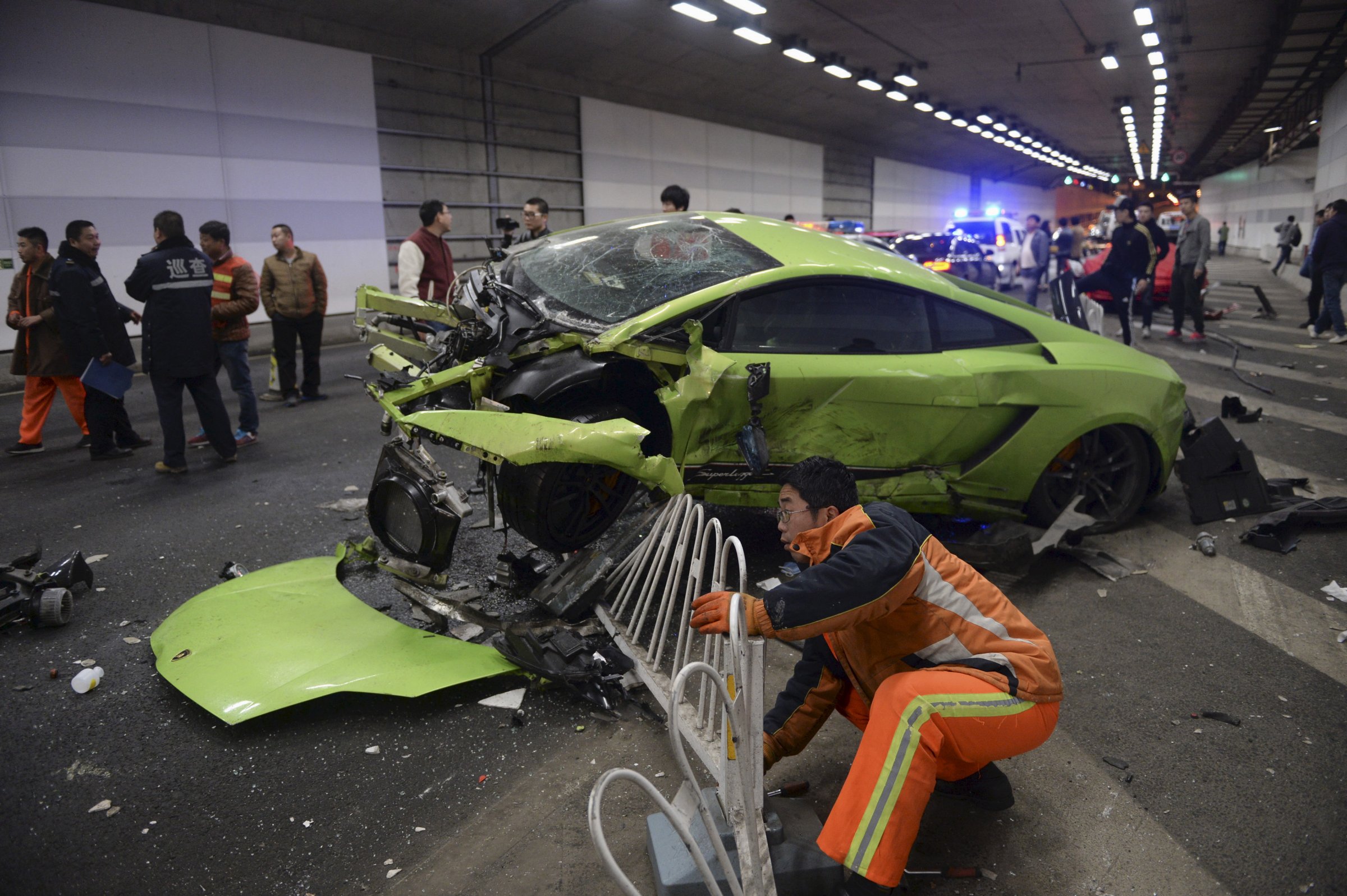
What’s a Chinese tycoon to do when his spoiled kid crashes a supercar during a late-night drag-racing session or opines in public about the preferred bust size — generous — of a desired mate? (Those are both real-life examples.)
The Chinese Communist Party is out to help. Its United Front Work Department, better known for managing Beijing’s relations with Hong Kong and Taiwan, announced last week that it would lead wayward rich youth toward the correct path of “being patriotic, zealous, innovative, law-abiding, possessing integrity and making contributions.” Last month, China’s President Xi Jinping advised the United Front to “guide people from nonpublic sectors of the economy, especially the young generation.”
It’s unclear how much heed misbehaving Chinese youth will pay to mentors from the Communist Party. Still, there’s no question that the image of China’s fuerdai, or “second-generation rich,” needs an upgrade. As China’s income inequality has widened, their shenanigans — perhaps excused as youthful brio in other societies — have catalyzed widespread disgust. An article on the United Front’s website claimed that “young people are always capricious” and that many wealthy Chinese youngsters “know how to show off their money but do not know how to generate wealth.”
The United Front claims that around 85% of China’s private companies are controlled by families. Over the next five to 10 years, “75% of China’s family businesses will face a succession problem,” according to the Communist Party agency. In other words, China’s spoiled rich kids aren’t just bad for society; they’re bad for business too.
While awaiting the United Front’s code of conduct, the junior gilded set has some alternative courses of action. On June 13, scions from the famously entrepreneurial coastal province of Fujian gathered in Beijing to take a government-run course on traditional virtues, according to the Beijing Youth Daily, which is affiliated with the Communist Youth League.
After being inculcated in values from China’s Confucian, Buddhist and Taoist heritage, these offspring of local tycoons can hopefully avoid such deficiencies as a taste for luxury cars. The Beijing Youth Daily gave an example of one entrepreneur who despaired of his or her son’s addiction to drag-racing fancy autos. Where did the child pick up such a vile habit? While studying overseas. Some 300,000 Chinese students are being educated in the U.S. alone. Hence, as the United Front urged last week, a need to guide the fuerdai’s “ideological development unconsciously” by “enhancing their belief in socialism with Chinese characteristics and enhancing their trust in the party and the government.”
— With reporting by Gu Yongqiang / Beijing
See the Patriotic Red Army School Students in China
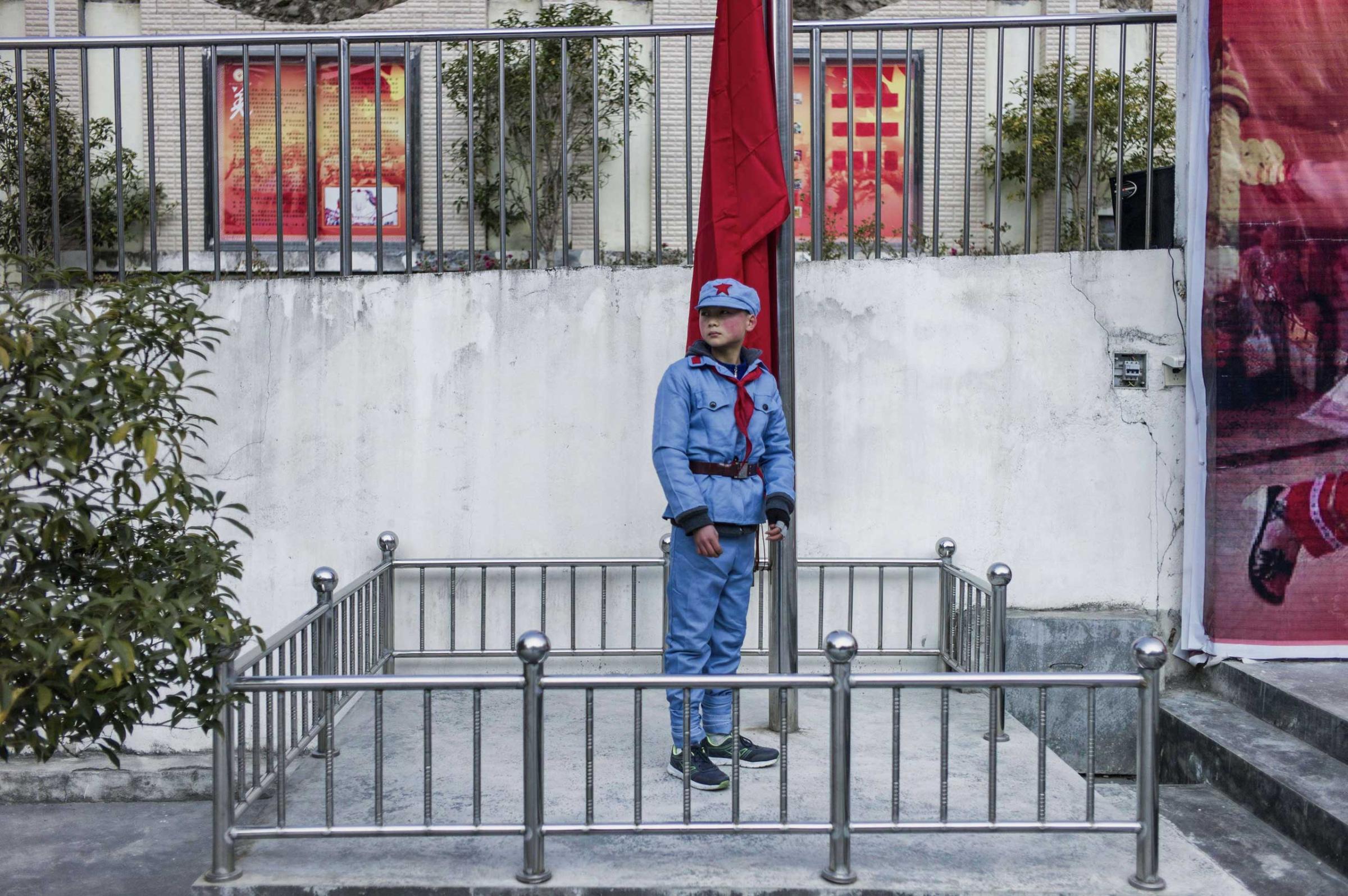
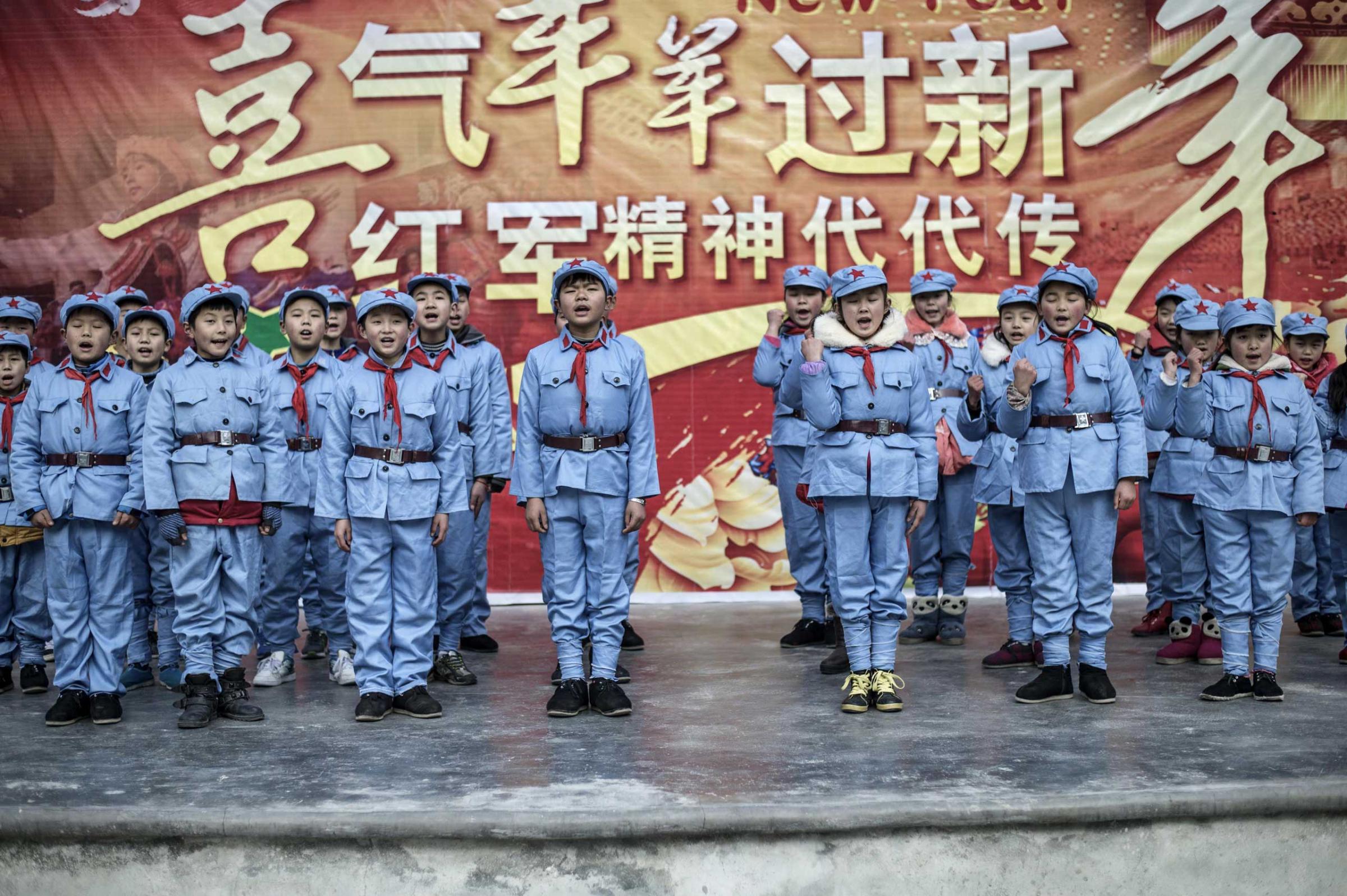


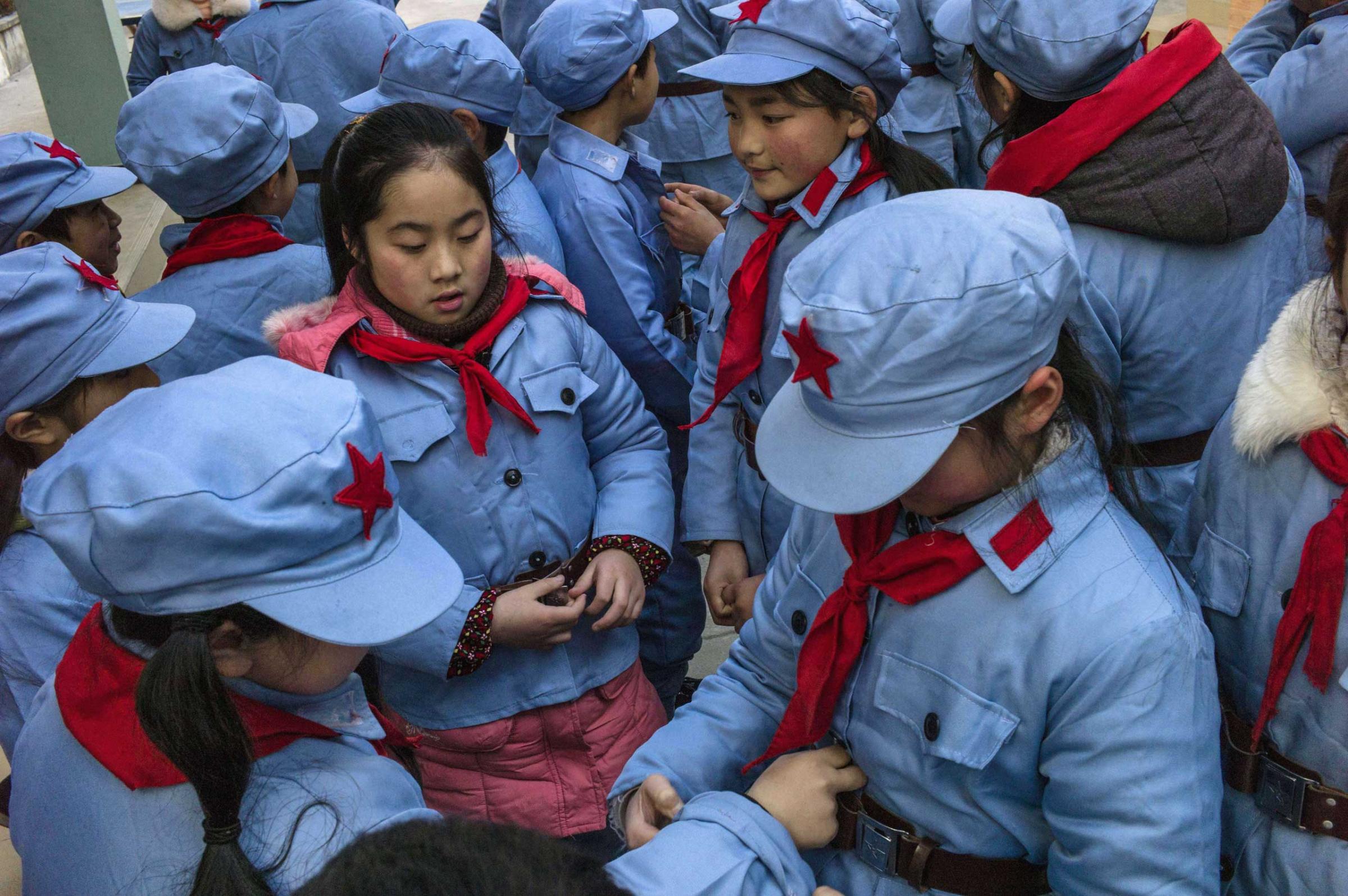
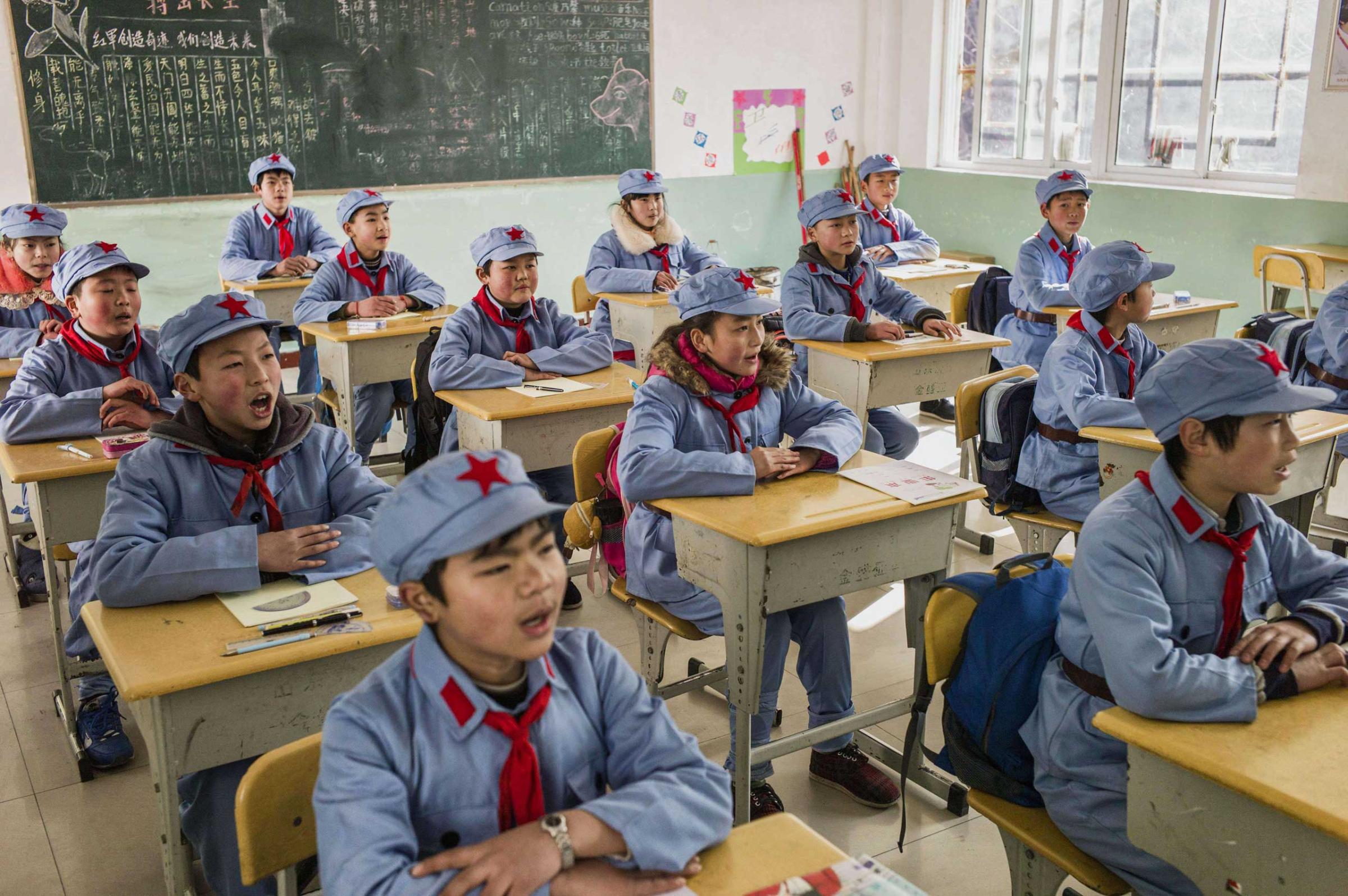
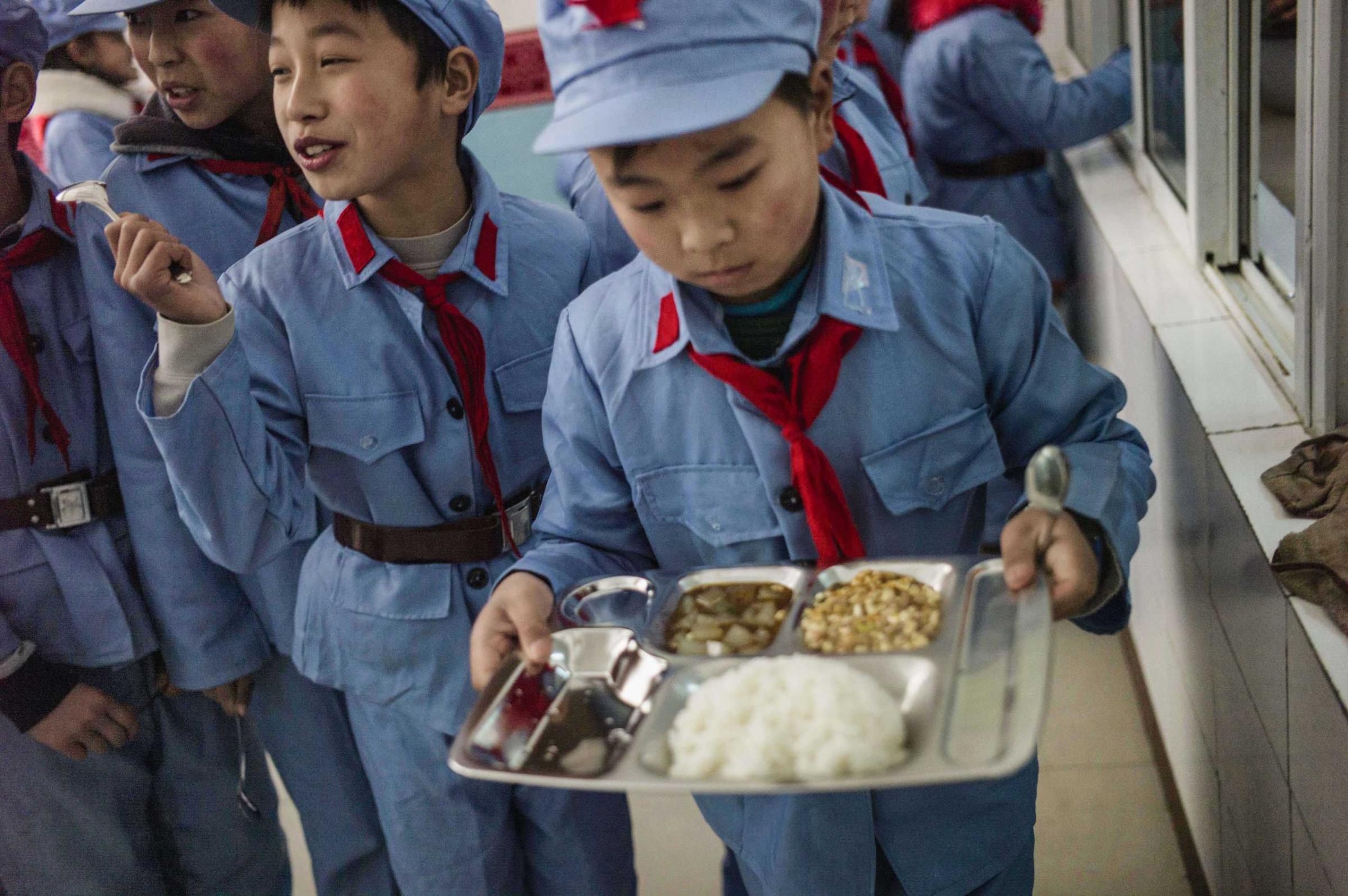
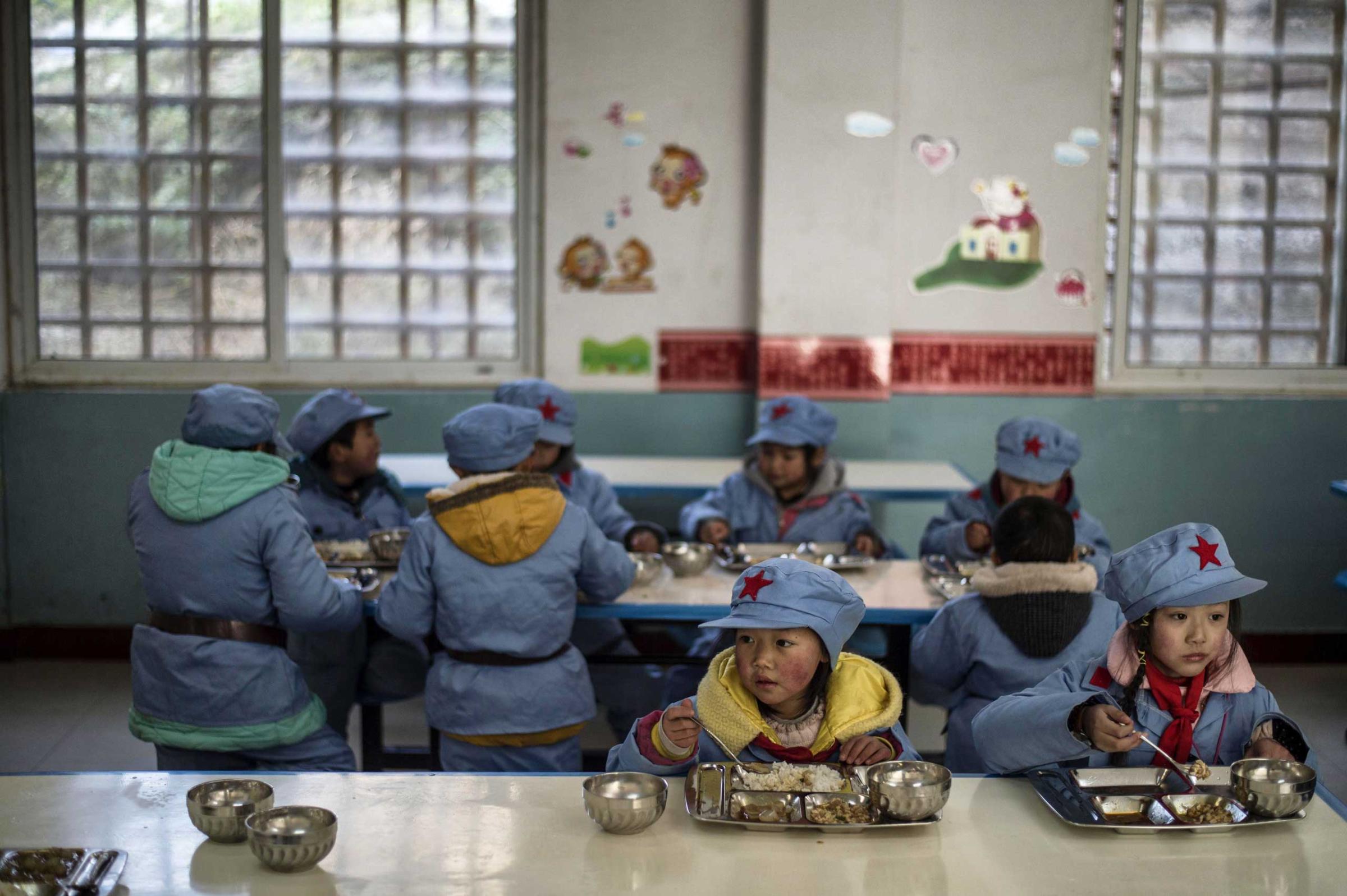
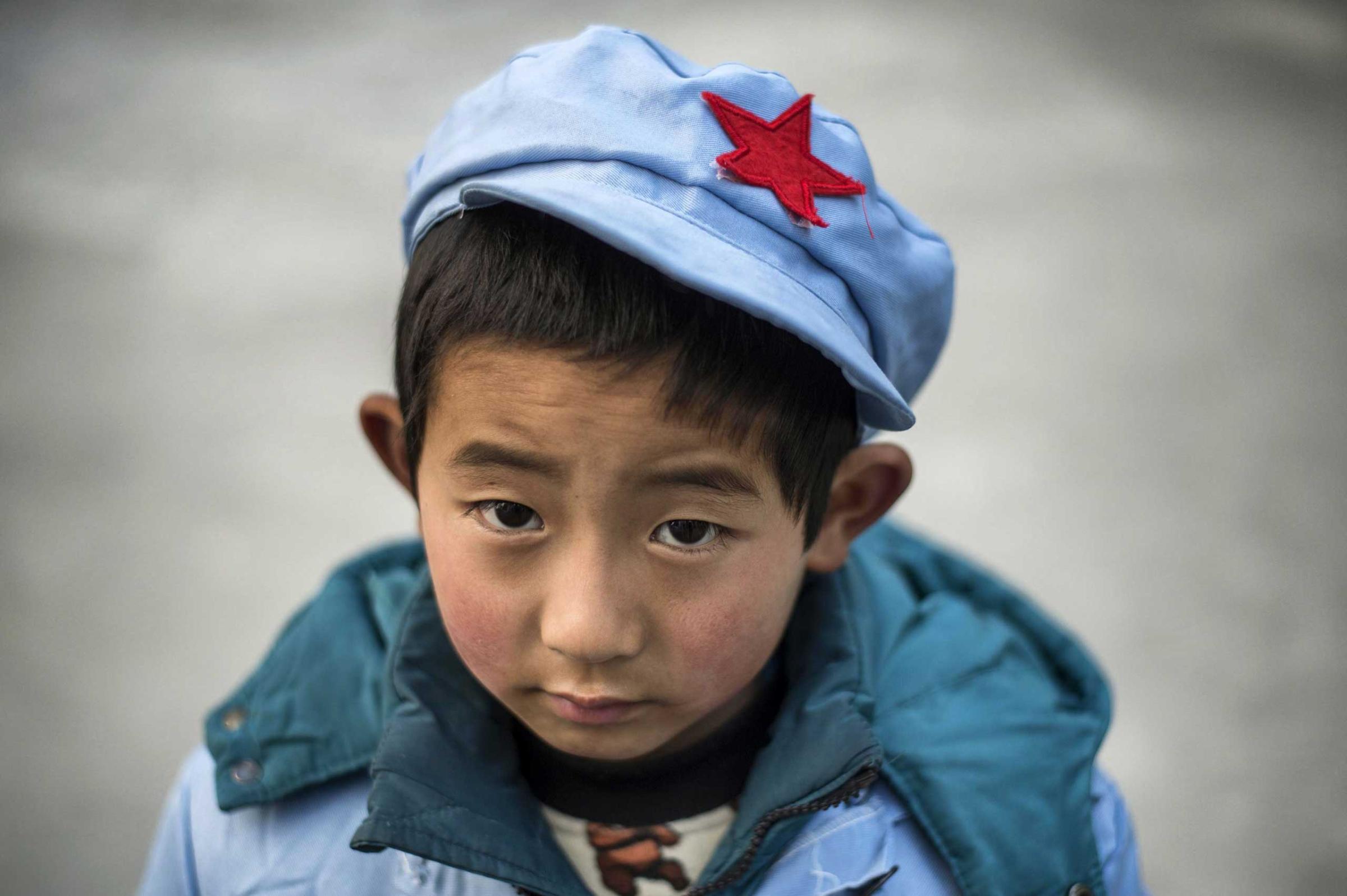
More Must-Reads From TIME
- The 100 Most Influential People of 2024
- Coco Gauff Is Playing for Herself Now
- Scenes From Pro-Palestinian Encampments Across U.S. Universities
- 6 Compliments That Land Every Time
- If You're Dating Right Now , You're Brave: Column
- The AI That Could Heal a Divided Internet
- Fallout Is a Brilliant Model for the Future of Video Game Adaptations
- Want Weekly Recs on What to Watch, Read, and More? Sign Up for Worth Your Time
Contact us at letters@time.com